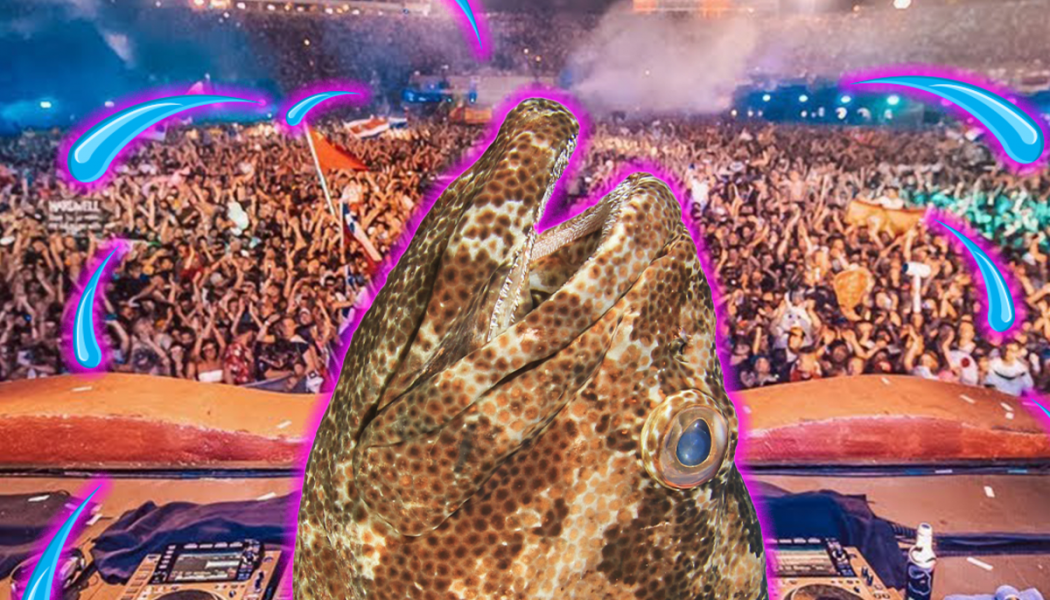Following the conclusion of a new study, the phrase “drop the bass” has taken on new meaning.
According to a study published in the journal Environmental Pollution by the University of Miami Rosenstiel School of Marine and Atmospheric Science, researchers found that Ultra Music Festival is likely stressful to toadfish.
The 2019 iteration of Ultra on the barrier island of Virginia Key, Florida attracted over 170,000 people to Miami Marine Stadium and Virginia Key Beach Park, which is home to many toadfish. The interdisciplinary team spearheading the study claims that on the first day of Ultra in March 2019, the island’s local toadfish experienced a significant stress response as a result of the elevated noise. “The stress response was similar to what toadfish would experience when hearing bottlenose dolphins, a toadfish predator,” Danielle McDonald, professor of marine biology and ecology at Rosenstiel and the study’s co-investigator.
To measure sound intensity produced by the festival, the team placed recording devices in the air and underwater, as well as in toadfish tanks and in the waters of a nearby lagoon directly adjacent to some of Ultra stages. The results claim that the fish experienced elevated plasma cortisol during Ultra, which resulted in a 7–9 dB increase in underwater sound in fish tanks. It’s important to note that air sound levels increased but did not exceed the limit imposed by the city.
You may be wondering why exactly this study was conducted, considering marine biology and EDM aren’t exactly two peas in a pod. Co-investigator Martin Grosell shed some light on the matter. “We conducted the study on the effects of the multi-day music concert due to the close proximity of the festival to our experimental hatchery and aquaculture facility,” said Grosell, who is also a professor of marine biology and ecology and Maytag Chair of Ichthyology at Rosenstiel. “It provided us an opportunity to investigate the potential impacts a large music festival of this kind can have on fish.”
Credit: Phys.org










